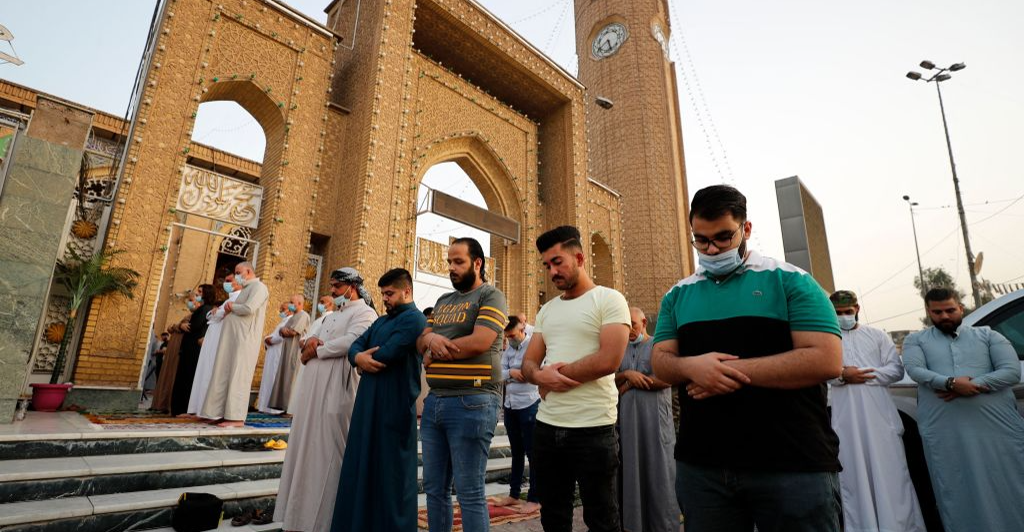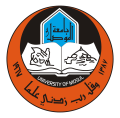The Friday preacher at the Imam Abu Hanifa Mosque in the Adhamiyah district of Baghdad, Abdul Wahab Al-Samarra’i, stressed the importance of the general population census and its pivotal role in determining the needs of different cities and regions for services and infrastructure .
Al-Samarrai, a member of the Iraqi Fiqh Council, pointed out in his Friday sermon that the general census, which will be conducted in the middle of this week in conjunction with measures including a holiday and a curfew, is a pivotal issue for every individual and society .
He explained that the census results contribute to determining the population’s needs for schools, parking lots, electricity supply, and other infrastructure, in addition to jobs and basic services .
Al-Samarrai said: “Advanced countries rely on this data for sound planning and providing the necessary capabilities through their departments and ministries. Therefore, the census is a duty for every individual to guarantee his rights and improve his reality .”
The preacher of Abu Hanifa Mosque also called for the importance of everyone’s participation in this process, warning that the absence of any person from the census could lead to the needs of his region or city being ignored in future plans .
Al-Samarrai concluded by calling for full cooperation with the census procedures, stressing that this is “the duty of every Muslim man and woman to guarantee the rights of future generations .”
Iraq conducted its last population census in 1987, in which all governorates participated, followed by the 1997 census, which was conducted without the participation of the governorates of the Kurdistan Region .
Over the past years, the country has relied on approximate statistical figures issued by unofficial institutions and research centers concerned with this matter, before the Ministry of Planning issued estimates in 2022 that the population of Iraq reached more than 42 million people .
had been postponed over fears of politicization, and was opposed by ethnic groups in disputed areas such as the Kurdish, Arab and Turkmen city of Kirkuk, which is home to major oil fields, because it could reveal demographics that would undermine their political ambitions.






